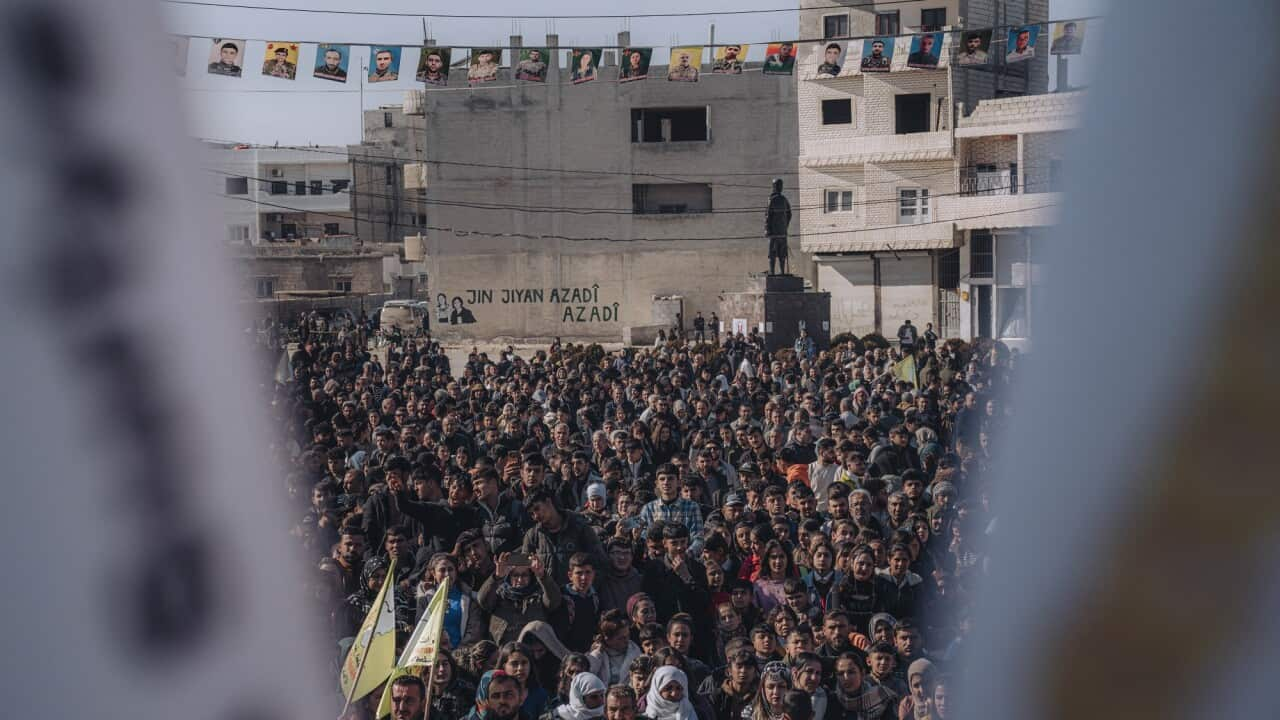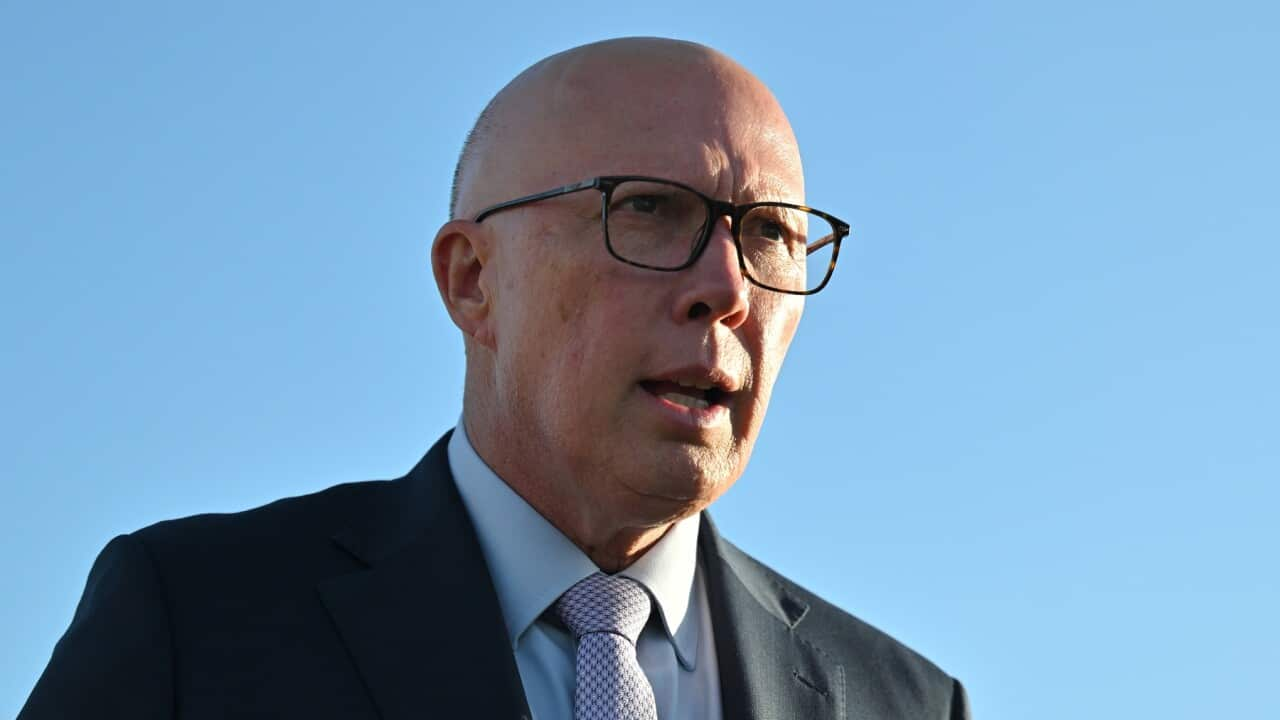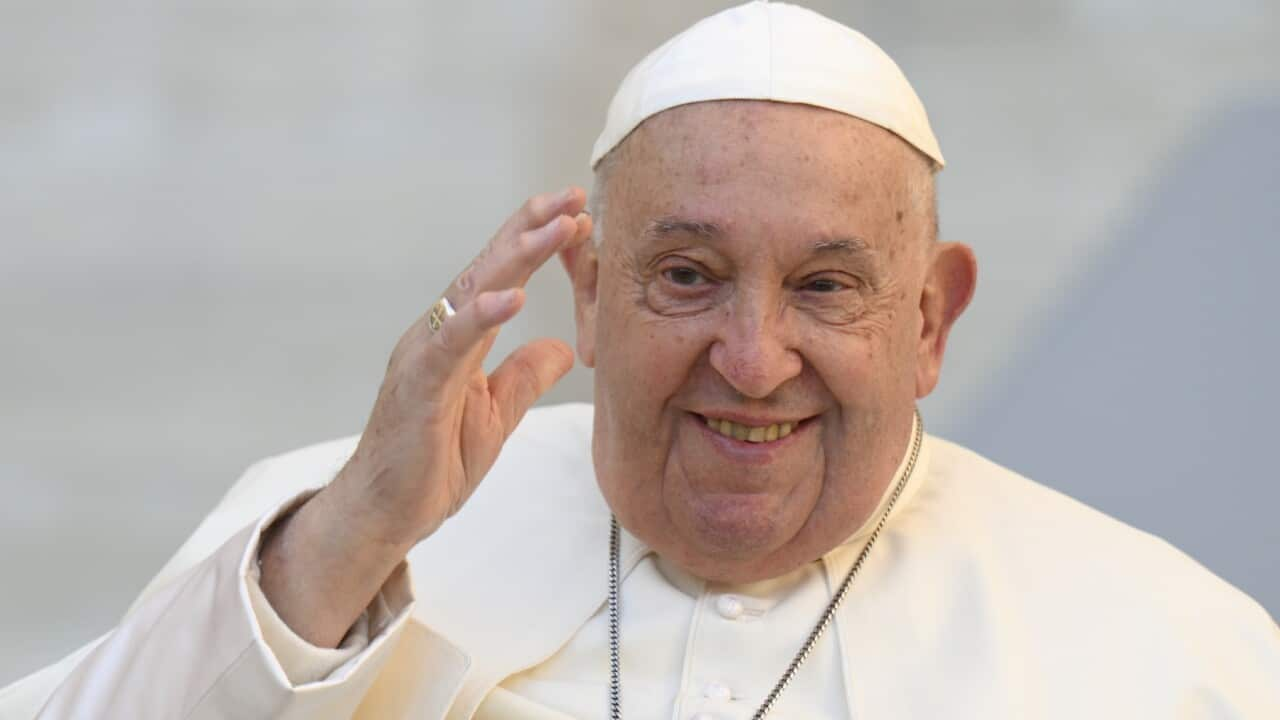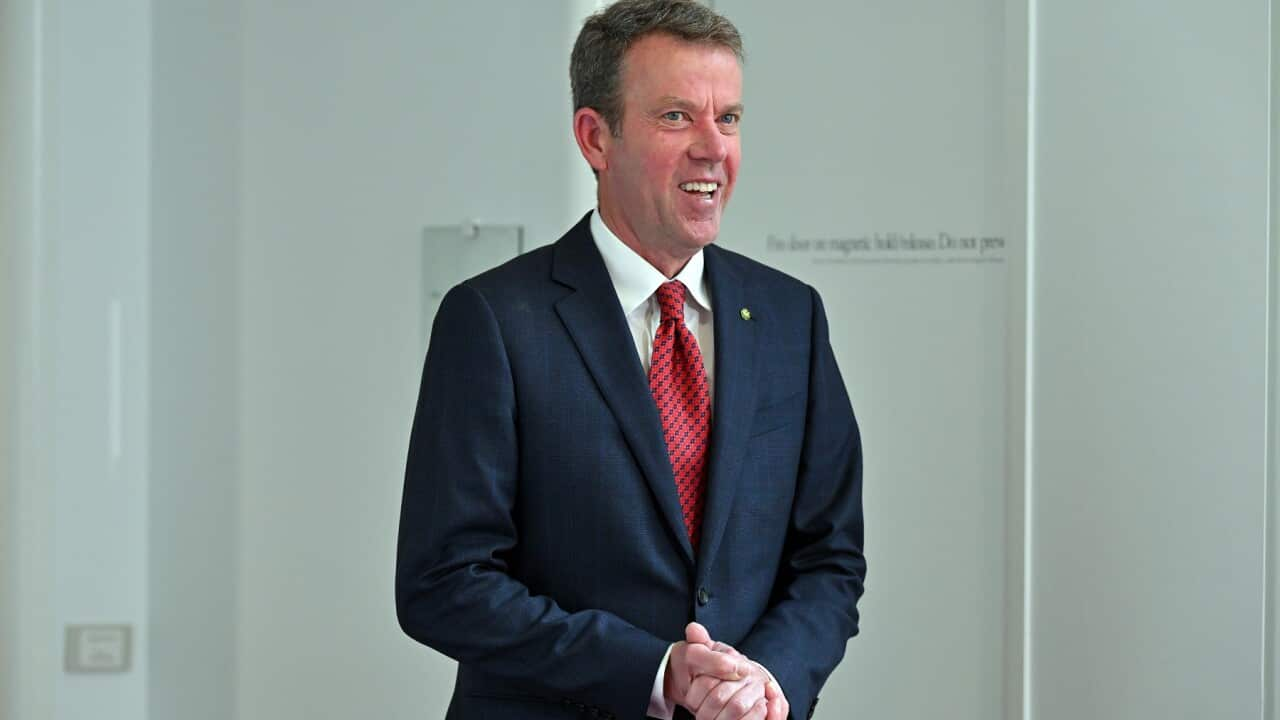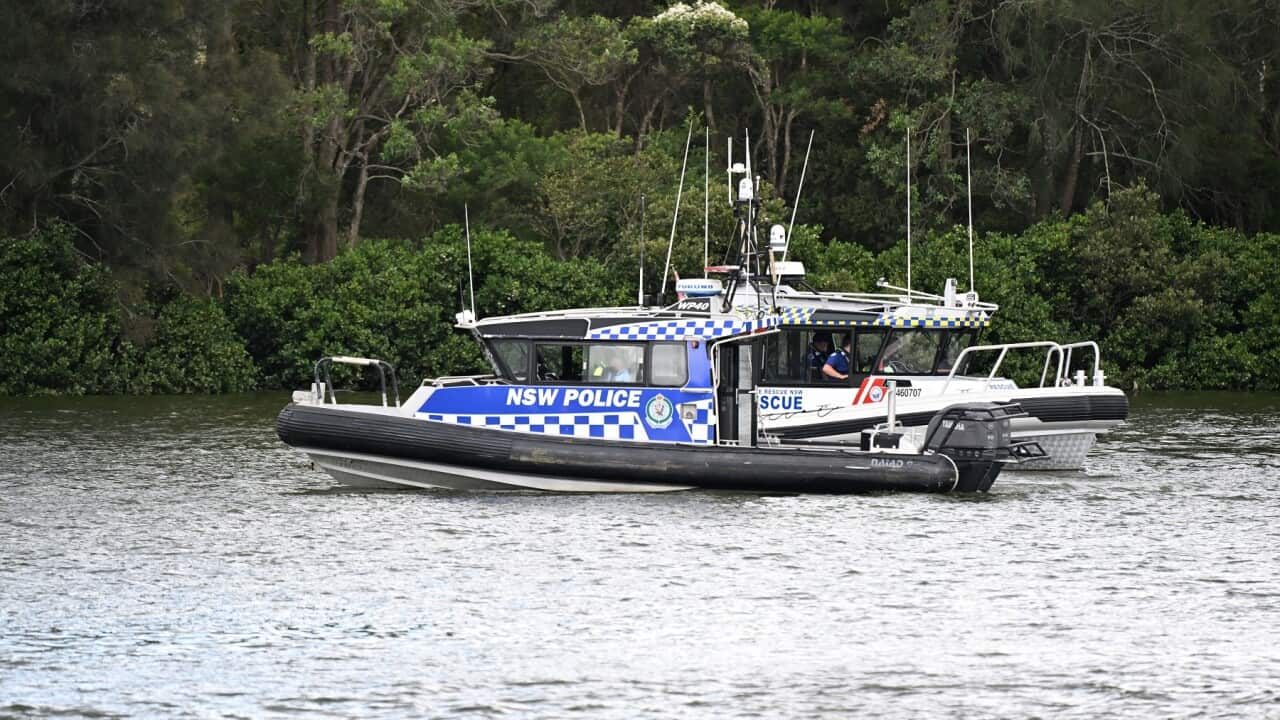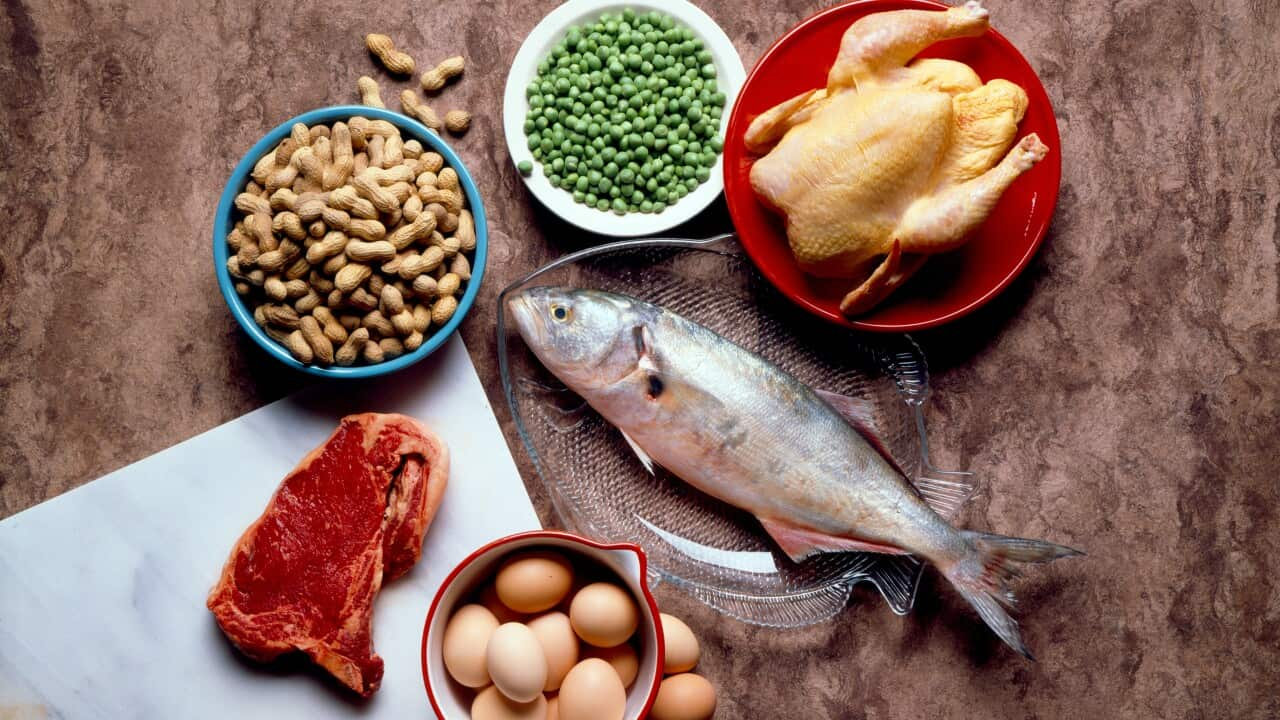TRANSCRIPT
On a third international meeting over Syria in as many months, foreign policy powerbrokers had one item on the agenda: stability.
It is a challenge in a tumultuous period for Damascus and the region.
Syria is coming out of five decades of rule by members of the Assad family, and more than a decade of a full-scale civil war.
A wide array of sanctions imposed by the international community is also inhibiting Syria's economy and threatens its recovery.
French President Emmanuel Macron says Europe will be insisting on certain conditions if those sanctions are to be lifted.
"Syria must very clearly continue to fight against all terrorist organizations that are sowing chaos, for you (addressing Al-Shibani and Syrian delegation) and for other countries. That is why the fight against Islamic State (IS), IS groups and all terrorist groups is an absolute priority."
Jihadists from the so-called Islamic State group seized large parts of the country in 2014.
The US-backed Kurdish coalition known as the Syrian Democratic Forces reclaimed territory held by IS, but some terrorist cells are still operating remotely in the country's desert.
China's representative to the United Nations, Fu Cong, says China is committed to eliminating the threat posed by terrorist cells in the country, but insisted penalties, including the existing sanctions, are unfairly punishing the Syrian people.
"China's position on this has been consistent. Such measures should not have existed in the first place. In order to meet the needs of humanitarian assistance and development of Syria, it is necessary to take actions to eliminate the negative impact of these measures."
Syria is being empowered to lead the charge on change; with global leaders promising to guide the country in its reformation.
Syria’s constitution, adopted under Assad, has been thrown out - and there have been promises for a new charter to be drafted.
Syria’s de facto leader Ahmed al-Sharaa has been named president for a transitional phase.
He has pledged to launch an inclusive political process, with an upcoming national dialogue.
Hassan al-Daghim, a representative of Syria’s National Army, says there would be no tolerance for violence in this process, which would focus on ideas.
"Whoever does not lay down his weapons, integrate, and hand over the mandate to the Ministry of Defence in the Syrian government will have no role in the conference because this dialogue is an exchange of views and not a show of force and muscle."
Former detainee Huda al-Atassi is a member of a newly appointed organising committee of an upcoming national dialogue conference, which aims to chart Syria’s political future.
The date of the dialogue remains undecided as preparations continue.
Ms al-Atassi says women must be included in shaping the country's future.
"We all agree on this, that women have a major role in the new Syria. They are mothers, sisters, and wives. They will remain hand in hand to build this new homeland."
As dozens of nations - including Britain, Germany, France, Turkey, Japan and Canada - pledged to support Syria in its next phase of rebuilding, the United States was a notable absence on the register.
The US is said to be considering its policy on Syria, with President Donald Trump's recent freeze on foreign aid a major blow.
Syria has relied on hundreds of millions of dollars of American funding since war broke out there in 2011.
The CEO of the International Federation of Red Cross and Red Crescent Societies, Jagan Chapagain, says the charity is in touch with the Trump Administration to guarantee the continuation of several lifesaving programs.
Mr Chapagain says the next phase for humanitarian aid will go beyond providing emergency supplies.
"We have highlighted two-phased approach, first is supporting Syrian Arab Red Crescent to respond to immediate needs. But importantly, we will like to lay a foundation for recovery and more sustainable support to the people. What we believe is that time has come to move away from boxes, delivering the boxes to more sustainable, and it includes livelihood support especially in rural Syria. People are ready to establish their own lives."
The United Nations predicts it will cost more than A$634 billion (US$400 billion) to rebuild infrastructure and public services that have been eroded or destroyed since 2011.
Syria is one of the world's largest refugee crises, with at least 14 million forcibly displaced in almost 14 years of civil war.
Death toll estimates from the conflict are now in the hundreds of thousands, and as high as 620,000 - a staggering number in a country with a prewar population of 22 million people.
